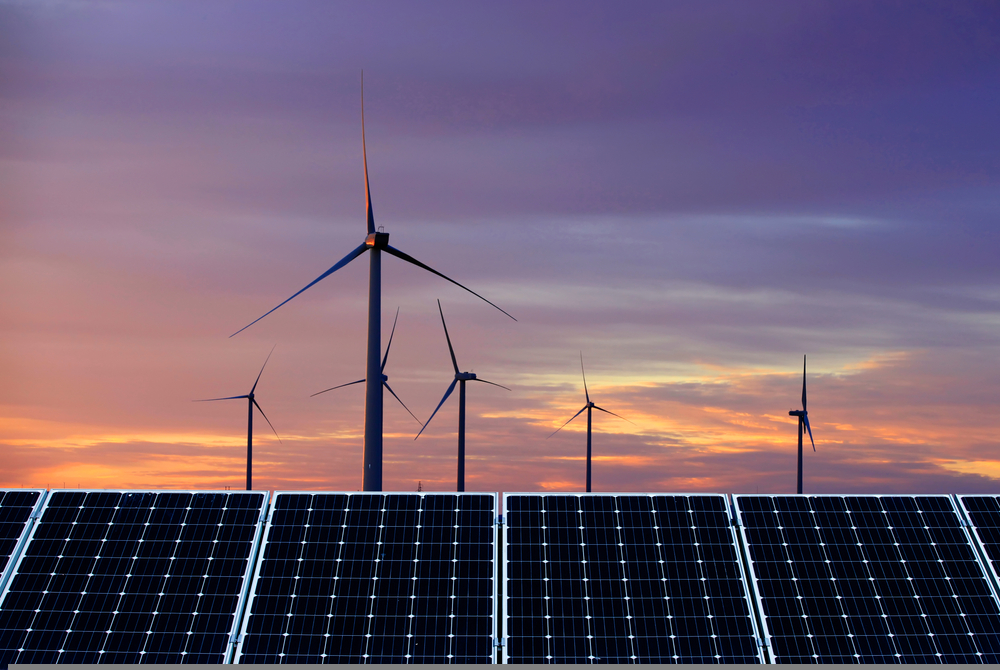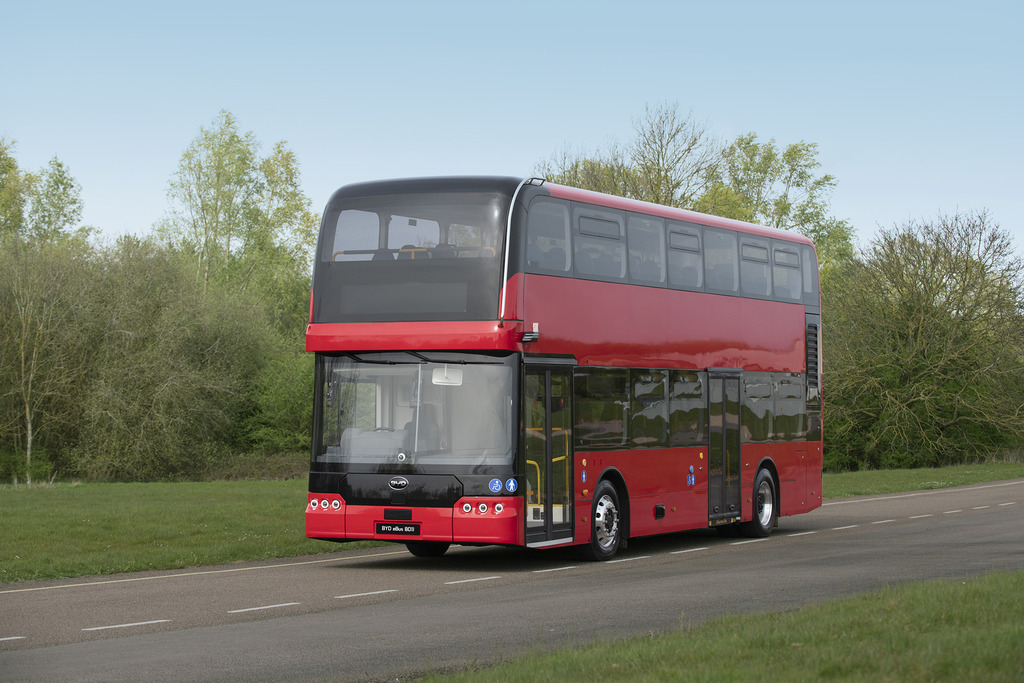A third of Britain’s energy will still be dependent on oil and gas in its net zero target year of 2050, according to DNV analysts.
Delayed plans for offshore wind farms, nuclear power stations, solar farms and other low-carbon energy sources will lead to the target being missed, the firm predicted.
The report estimated that energy consumption in 2050 and beyond will still see 125 million tonnes of CO2 polluting the atmosphere every year, with analysts confirming that “the UK looks set to miss both its Net Zero by 2050 target and its decarbonisation commitments for 2030”.
Transport was named as a top contributor to future emissions as “a sizeable proportion of vehicles, particularly commercial ones, will continue to be fossil-fuelled in 2050”, while “aviation will continue to emit significantly due to the slow penetration of low-carbon fuels by 2050″.
Despite buildings across the UK making the switch from gas to electric heating, the report said it is happening far too slowly, meaning that natural gas will still comprise over 50% of the final energy demand for buildings in 2050.
DNV calls for the government to “act more forcefully on the decarbonisation of domestic heating” if there is hope of reaching the 2050 net zero targets.
The general message from the government has been that the UK is at the forefront of the race to net zero, however, DNV’s study showed that the UK currently gets about 80% of its total energy from oil and gas, which is roughly the same as two decades ago.
It projects that this will have declined to around 70% by 2031, despite spending £46 billion on Hinkley Point C nuclear power station and billions more on windfarms, solar farms and battery storage systems.
Subscribe to Sustainability Beat for free
Sign up here to get the latest sustainability news sent straight to your inbox everyday
DNV UK regional director Hari Vamadevan said: “Without immediate action the UK will fail to deliver on its climate commitments, fall behind in the global race to decarbonise and miss out on many of the benefits that switching to a low-carbon system will bring”.
“But, by putting the correct policy levers in place, there is still time for industry and government to deliver a transition that is good for business, good for consumers and good for the planet.”
Research from Energy UK revealed that the country is seriously behind in its 2030 offshore wind targets, despite the Prime Minister setting a target of expanding offshore wind from 14 Gigawatts (GW) to 50GW by 2030 to reach net zero targets.
To achieve this, one or two turbines would have to be installed every day for the next six years.
Rishi Sunak tried to encourage new construction by offering a minimum price for the power delivered by new wind farms, which was successful until Grant Shapps – then energy secretary – offered such a low minimum price for power from new wind farms that no companies wanted to build them.
Energy UK deputy director Adam Berman said: “Offshore wind plays a vital role in the Government’s clean energy ambitions”.
“Delivering an ambitious renewables programme in line with the Government’s targets means being realistic about the economic and market conditions that potential investors are facing.”















